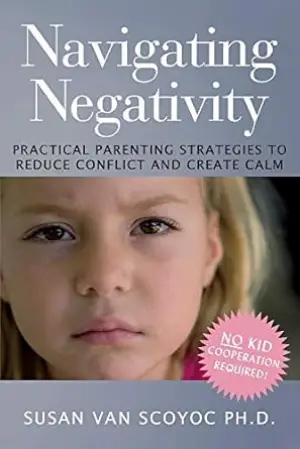Run for the Hills: A Quirky Road Trip to Family and Self-Discovery
When I picked up Kevin Wilson’s latest novel, Run for the Hills, I was instantly drawn by his knack for transforming the ordinary into the delightfully bizarre. Wilson’s stories often dance along the edge of reality, inviting readers into a world where strangeness feels like a warm hug rather than an offensive shove. This book felt like a promise of that experience—quirky, heartfelt, and filled with characters that you can’t help but root for.
At the heart of Run for the Hills is Madeline, a woman tethered to a Tennessee chicken farm and an equally peculiar mother. Enter Ruben, her newfound half-brother from Boston, whose arrival in an amusingly dilapidated PT Cruiser sets off a series of events that can only be described as Wilson-esque nonsense. Together, they embark on a road trip to uncover the mysteries of their shared heritage—specifically, the identity of their elusive father and two additional half-siblings scattered across the country.
The adventure is not merely about finding family; it touches on broader themes of identity and the complexities that come with it. Mad’s responses to Ruben’s questions—"yes and no"—symbolize the multifaceted nature of truth and belief. It’s a hilarious and profound jab at the idea that we must neatly define ourselves when truth, like family, is often an unfathomable tangle of connections. I found myself chuckling at how people, including the whimsically redefined “Deadbeat Dad,” can reinvent themselves. It’s funny, poignant, and remarkably insightful.
Wilson’s writing maintains a brisk pace, weaving humor with moments that tug at your heartstrings. The characters embody a gentle kindness reminiscent of the film Lars and the Real Girl, where even the eccentricities feel grounded. The dialogue sparkles with a charming absurdity—who knew a chicken farmer and a mystery novelist could showcase such rapport? The distinctiveness of their interactions was refreshing and kept me turning the pages, eager for what whimsical revelation would occur next.
One of my favorite moments came toward the end when one of the half-sibs references The Wizard of Oz, imbuing their quest with the notion of transformation. It was a clever touch that encapsulated the emotional journey of these characters, reinforcing the idea that family—however unconventional—offers a path to belonging. Just like Dorothy, they discover that home isn’t merely a place; it’s a state of heart.
Reflecting on Run for the Hills, I realized this book is for anyone who enjoys a good dose of humor mixed with heart. It’s especially resonant for readers who have ever pondered their identities or sought connections beyond the traditional framework of family. Wilson’s ability to explore these themes through a lens of whimsical realism left me with a sense of hope—sometimes, the world might just be kinder than we realize.
In the end, while the punning title might elicit a groan, it also aptly captures the essence of the narrative. Like Mad and Ruben, we’re all on our journeys, searching for our own truths, family, and love. Even if it feels a bit unreal, isn’t that what we all need sometimes? A reminder that there’s magic in the connections we forge, however messy they may be. So, dear readers, take that leap, and Run for the Hills—your heart just might welcome the adventure.
Discover more about Run for the Hills on GoodReads >>






